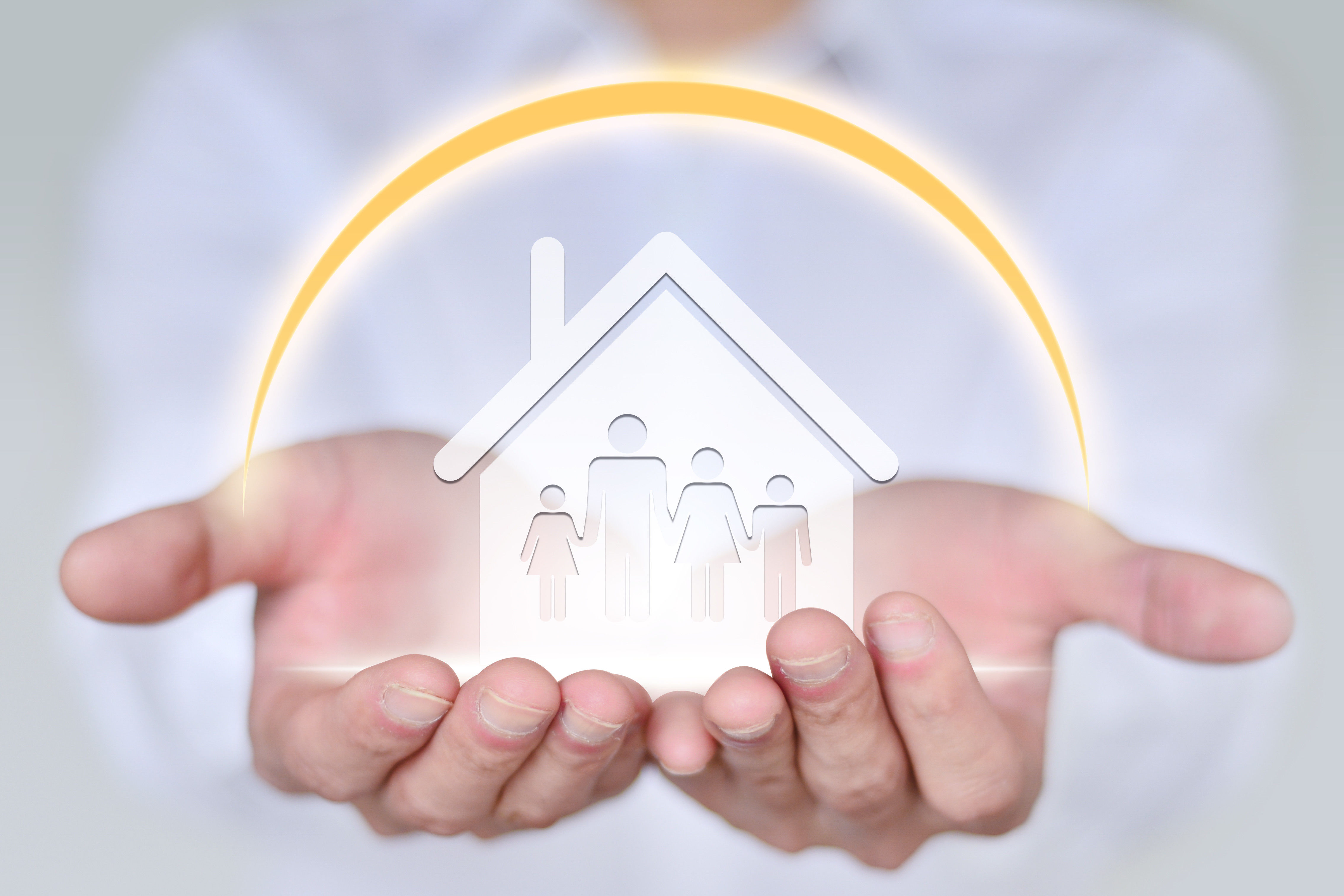This article is reprinted from: People’s Daily Online – Popular Science China
Summer is here, and after eating a few ice creams at a time, children will feel numbness in their scalps, throbbing of temples, and swelling and pain in their heads. Doctors typically diagnose vasomotor headaches, commonly known as “ice cream headaches,” or “brain freezes.” It’s not that ice cream really “freezes” the child’s brain, it’s that eating a lot of cold food causes neuralgia.
How does neuralgia develop?
Eating a big mouthful of ice cream will suddenly reduce the temperature of the palate, and the thermoreceptors at the back of the palate sense this rapid cooling and send a false signal to the brain that “the body is hypothermic” , resulting in rapid constriction of blood vessels in the brain. Shortly after the ice cream is eaten, as the temperature of the palate is detected by the thermoreceptors and returns to normal, the nerve center will send a signal to rapidly expand the blood vessels in the brain that were originally contracting rapidly. Under the “ups and downs” of the violent contraction and expansion of cerebral blood vessels, people are usually prone to feel severe pain in the temples (such as the temples) and the forehead, and sometimes the pain is also in the face.
In fact, this “cold headache” phenomenon is not just the “pot” of ice cream, all “cold drinks” may cause this result, so people often say “eating ice can cause headaches”. People who are generally impatient, or have clammy hands and feet in winter, and are prone to frostbite, that is, people with normal sympathetic nervous function are prone to such headaches. It is recommended to eat less cold food and cold drinks.
What should I do if this type of headache happens?
1. Eat slowly;
2. If you have a short headache, you can rest for a while and wait for recovery; if you have a long headache, you can drink a cup Moderate temperature water.
These inappropriate diets can also cause headaches
1, caffeine headaches,
the combination of original pain relievers and caffeine Fixed combinations are a treatment option for migraine sufferers, but a new study published in the American Journal of Medicine shows that daily intake of caffeinated beverages is associated with migraine attacks on the same or next day. There are also reports that 50% of people who drink coffee habit may experience a series of withdrawal syndromes such as headaches 12 to 24 hours after stopping chronic caffeine intake, so the process of reducing coffee intake should be gradual.
2. Thirst and headache
Dehydration is a major cause of headache, which can lead to narrowing of the blood vessels in the brain, reducing the blood oxygen supply to the brain and causing headaches. Therefore, it is necessary to replenish water intake regularly, and do not wait until “thirsty” to think of drinking water. At this time, the body is already dehydrated.
3. Hunger headaches
Insufficient calorie intake may lead to headaches in addition to dizziness. On weekdays, it is best to form a rule of eating every 4 hours, and the interval between meals should not be too long.
4. Sweetener headaches
Some people have headaches after drinking beverages, which may be particularly sensitive to aspartame, so when purchasing beverages, in addition to paying attention to the production date In addition to important information such as shelf life, production place, etc., you should also pay attention to the ingredient list. People who often eat foods with artificial sweeteners should observe the symptoms at any time. If they want to replace the sweeteners, they can use honey (honey, like beverages, is not suitable for undeveloped children to eat more).
This article is scientifically checked by Shen Jian, chief physician of the Department of Pediatrics, Shuguang Hospital Affiliated to Shanghai University of Traditional Chinese Medicine.
